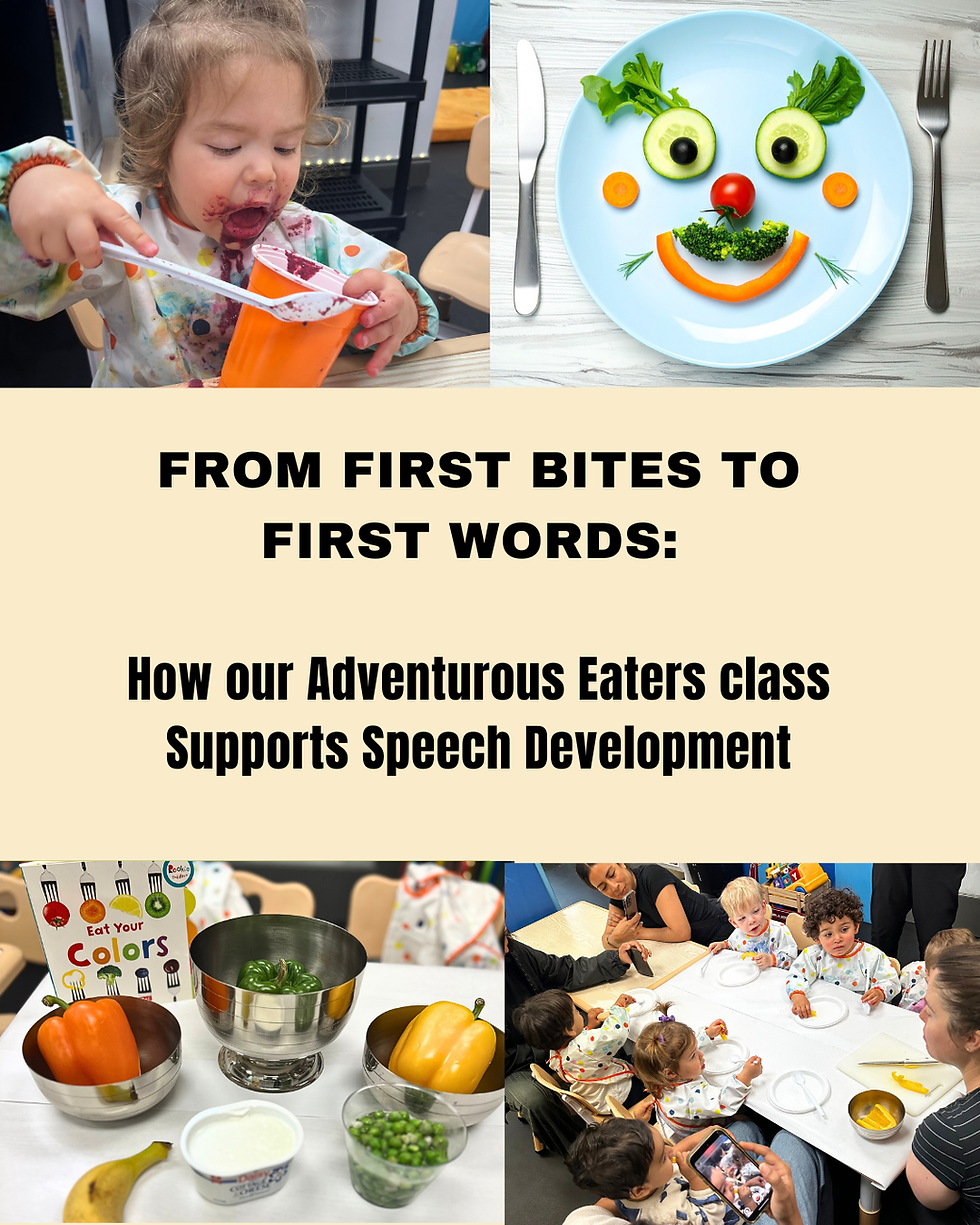Neurodivergent kids’ LOVE LANGUAGES
- dora1004
- Feb 16, 2023
- 2 min read

It is Valentine’s Day, the day when we express our feelings and affections towards others by giving cards, flowers or small gifts.
But how love and affections are expressed by a neurodivergent kid?
Parents, who raise neurodivergent kids, whether they have gained years of experience, or are at the beginning of this journey can find communication with their child challenging and frustrating sometimes.
There are 5 languages you child may use to express love and emotions:
INFODUMPING
When your child keeps talking on and on about his favorite toy, the cartoon he has watched, or and idea he has, all at once in a very detailed way at a longer length, this is his way of saying, “You are important to me, I love you” that is why I find it important to share this with you.
PENGUIN PEBBLING
Your child may pick up small objects, branches or pebbles in the park, or on the way home to give them to you as a gift. This love language allows them to express affection and show they care. Respecting this action is very important and a great way to build solid relationships with your child.
PARALLEL PLAY
Some people call this being alone together, as in when you’re both reading your own books in the same room, or one person is doing a puzzle while another plays a video game. Just existing together counts too.
SUPPORT SWAPPING
Support swapping can come in many forms, like providing a safe space for open conversations, holding hands, asking for help in tying their shoelaces etc. This form of support can be vital for building and maintaining healthy relationships.
"DEEP PRESSURE"
Children who are neurodivergent can have different needs and preferences when it comes to sensory input. For example, a neurodivergent child may be sensitive to physical touch, or on the contrary, she may want to give or receive a tighter and firmer hug then you would anticipate. This pressure applied to the body provides comfort and security
Connecting with your child and understanding their love language is difficult as it differs from neurotypical love languages. Once you have learnt to crack their code, you will have an easier way of building a solid and meaningful relationship with them.
Love,
Jordanna





Comments